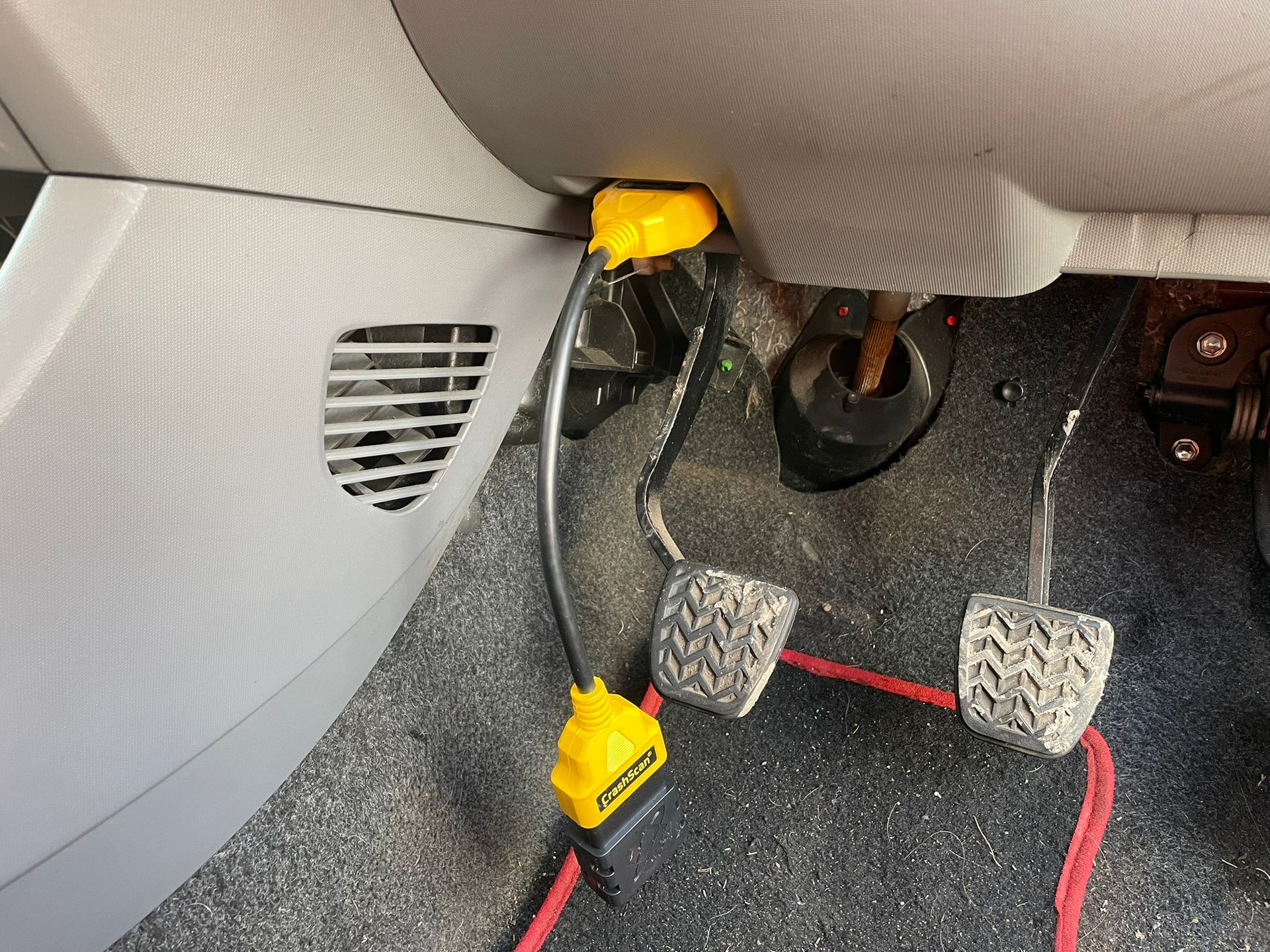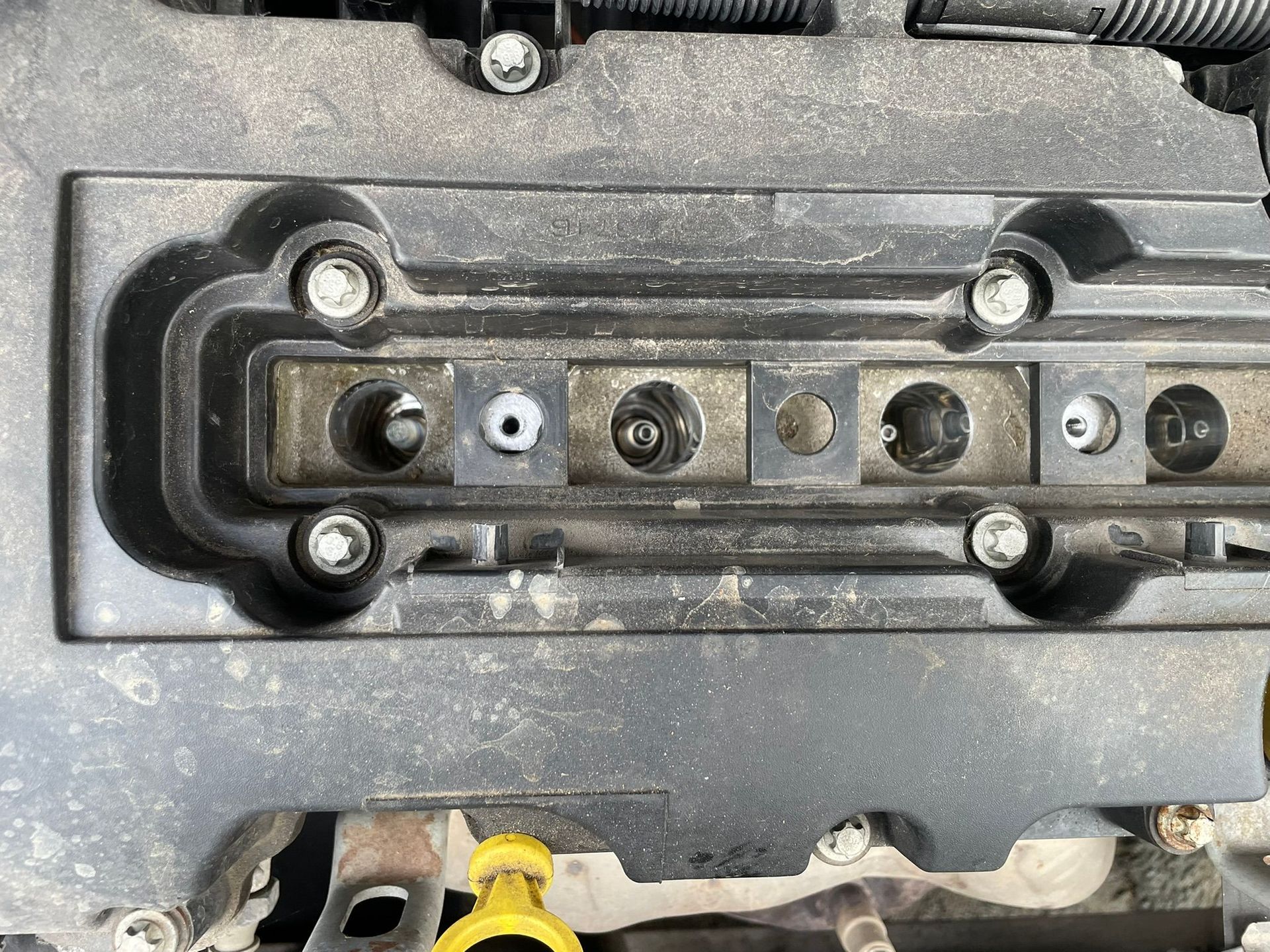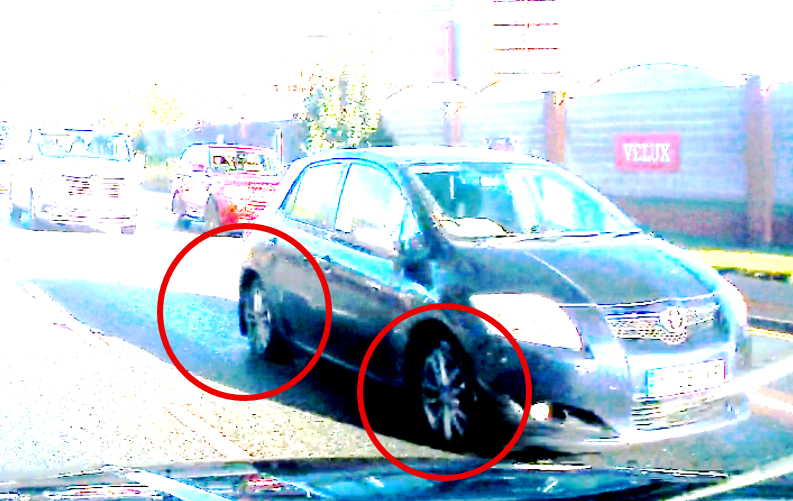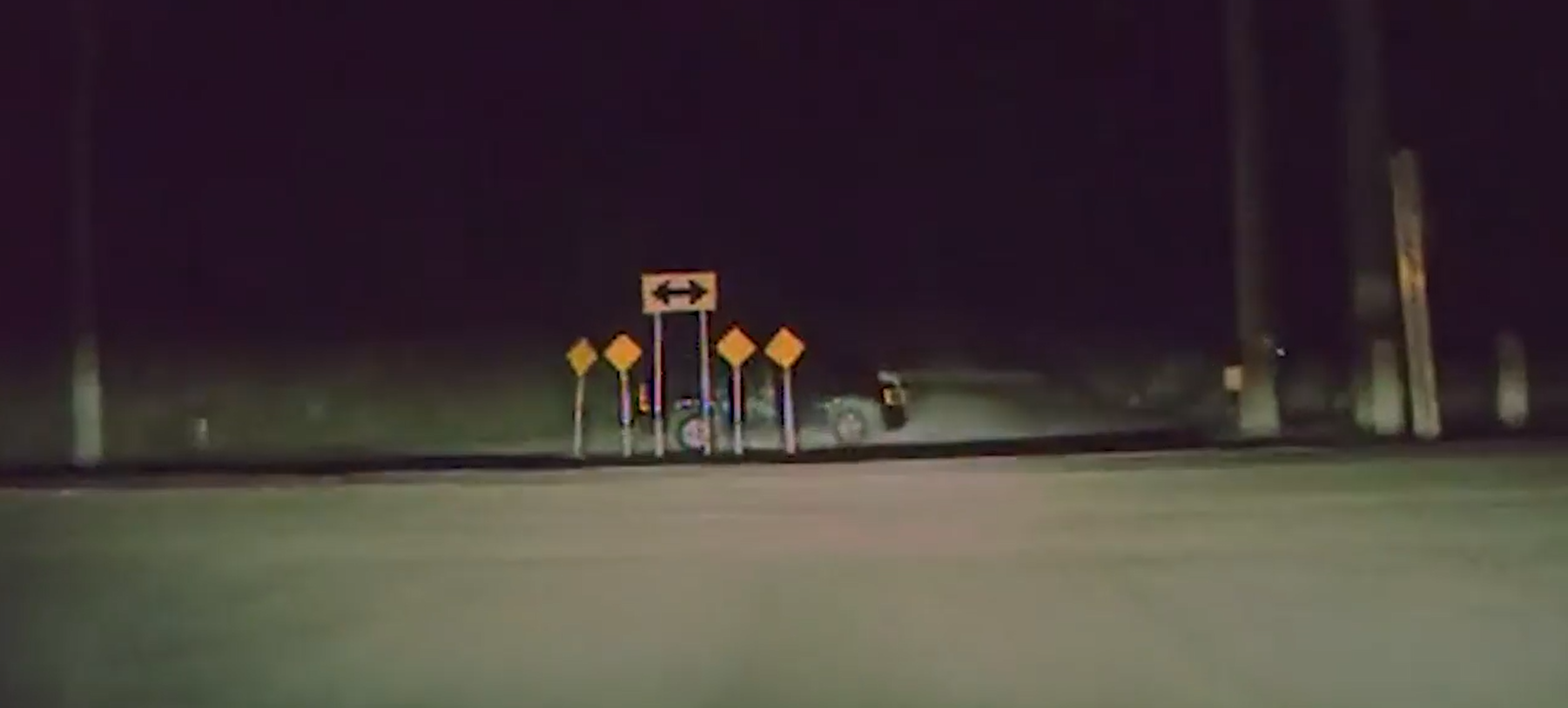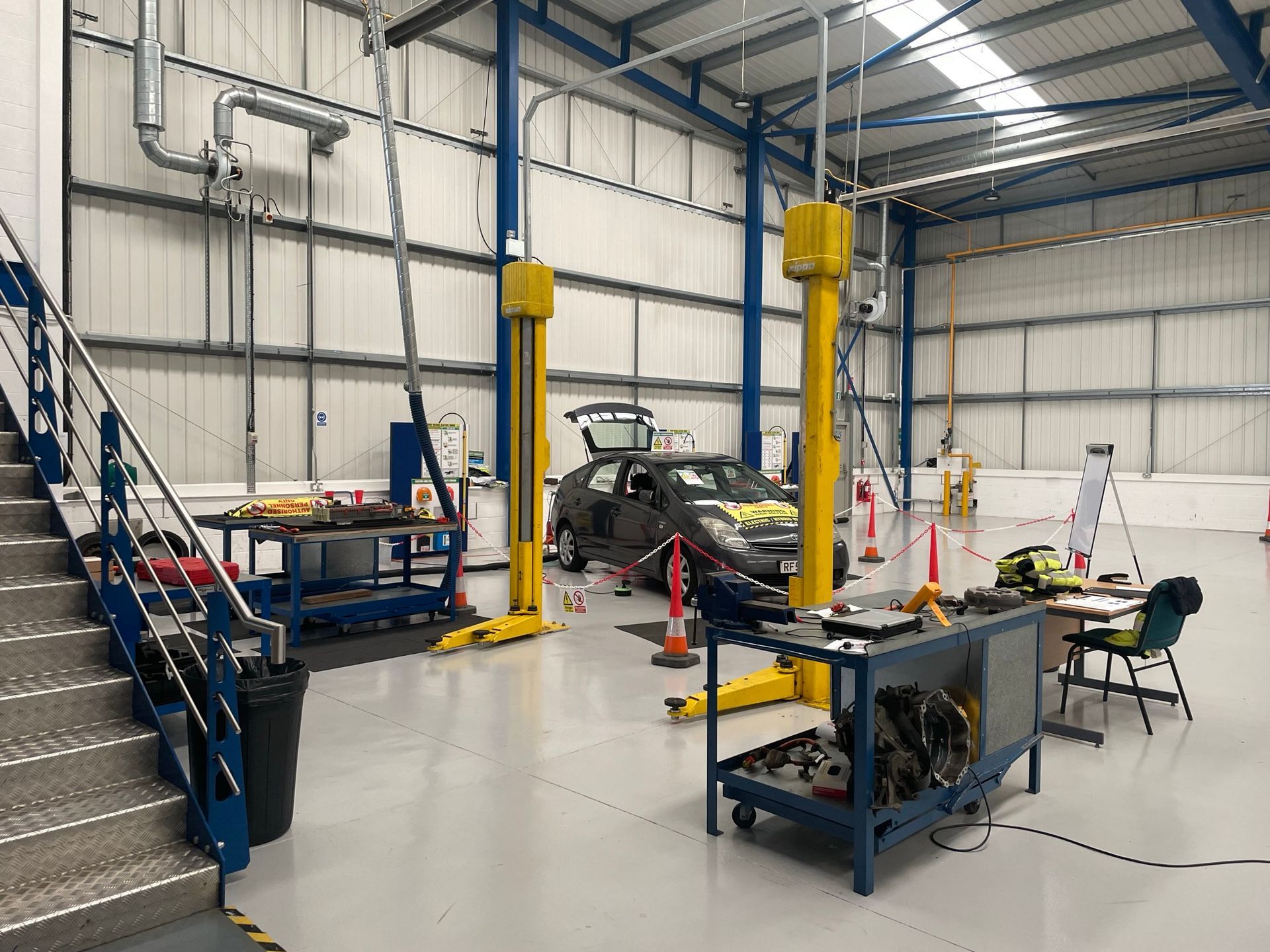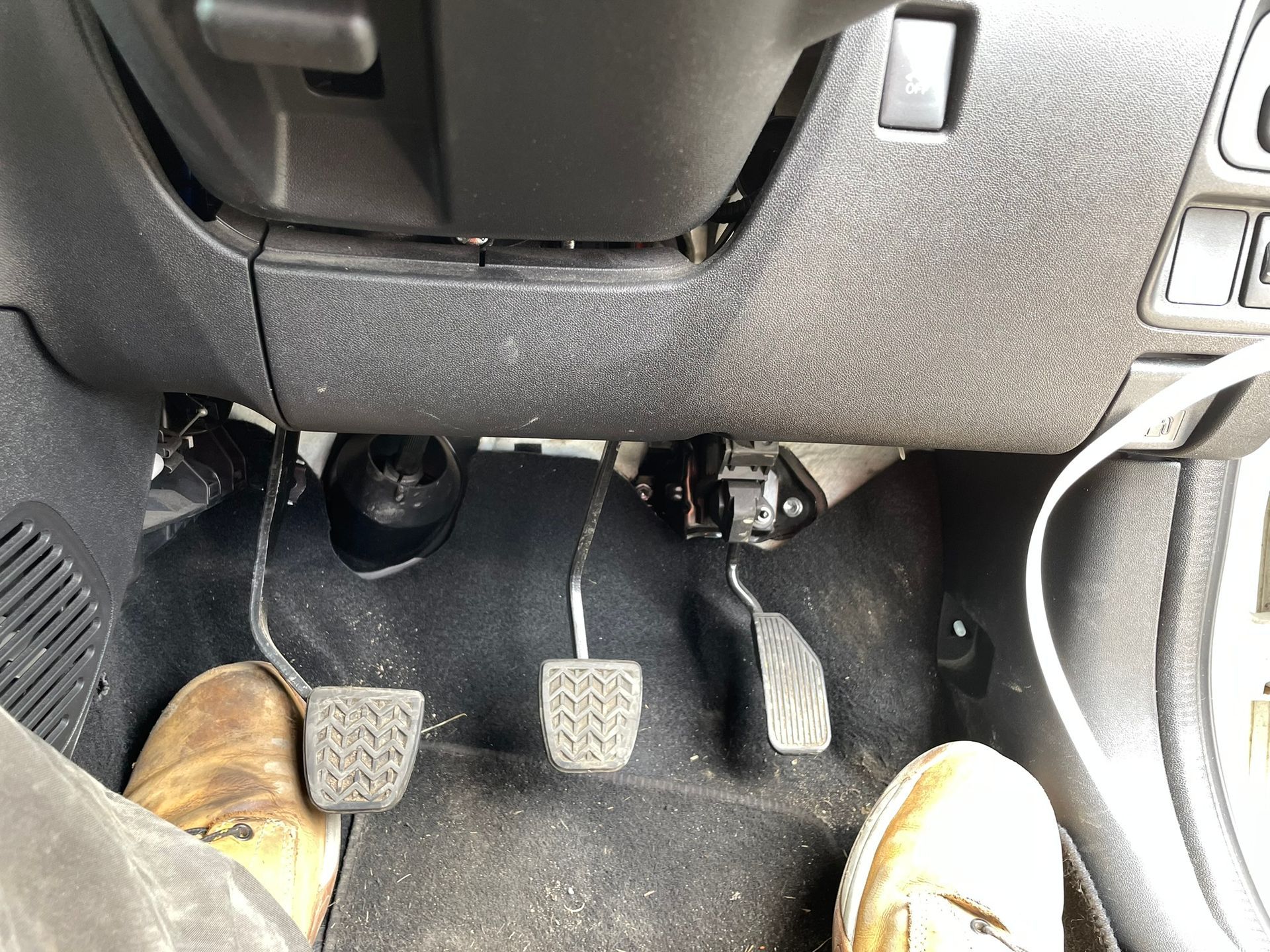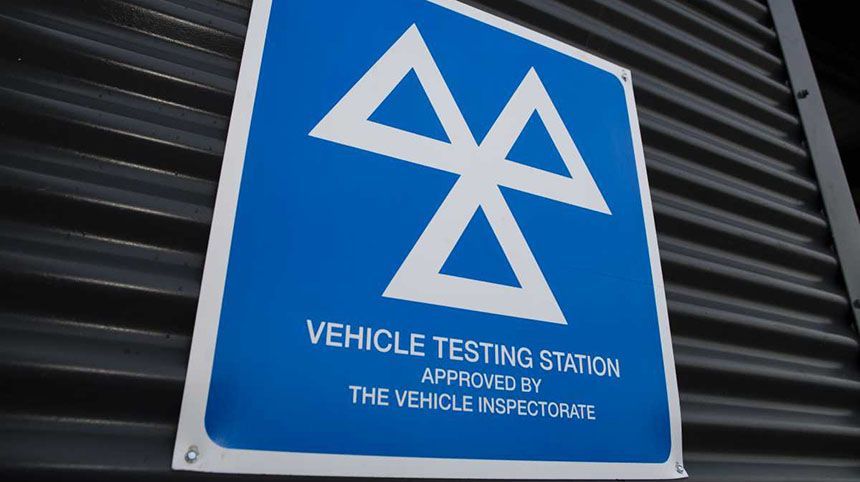What does a forensic vehicle examiner do? And when might you need one?
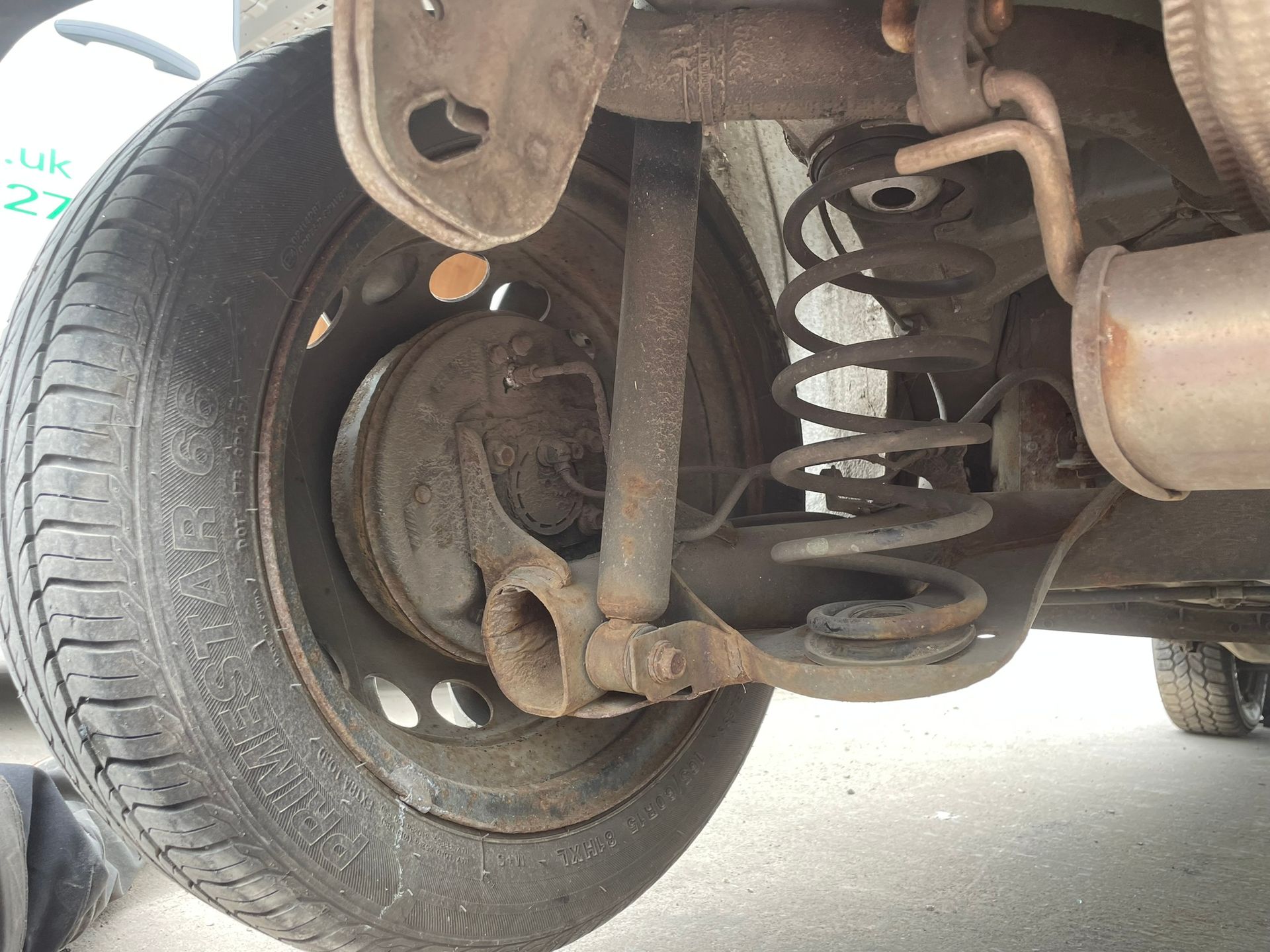
What is a forensic vehicle examiner?
A forensic vehicle examiner are specialists in vehicle systems and technology. They use that knowledge when inspecting and examining vehicles to determine their condition.
When might you need a forensic vehicle examiner?
A forensic vehicle examiner is generally instructed in instances where a defect is alleged. The allegation can come from a driver, an involved party or even a prosecution witness, such as a collision investigator or forensic vehicle examiner.
In those instances, as a forensic vehicle examiner, we can inspect the vehicle to determine its condition. From there, we can answer the questions raised around whether there were any defects. As forensic collision investigators, we are also uniquely able to determine whether a defect had either caused or contributed to a collision.


